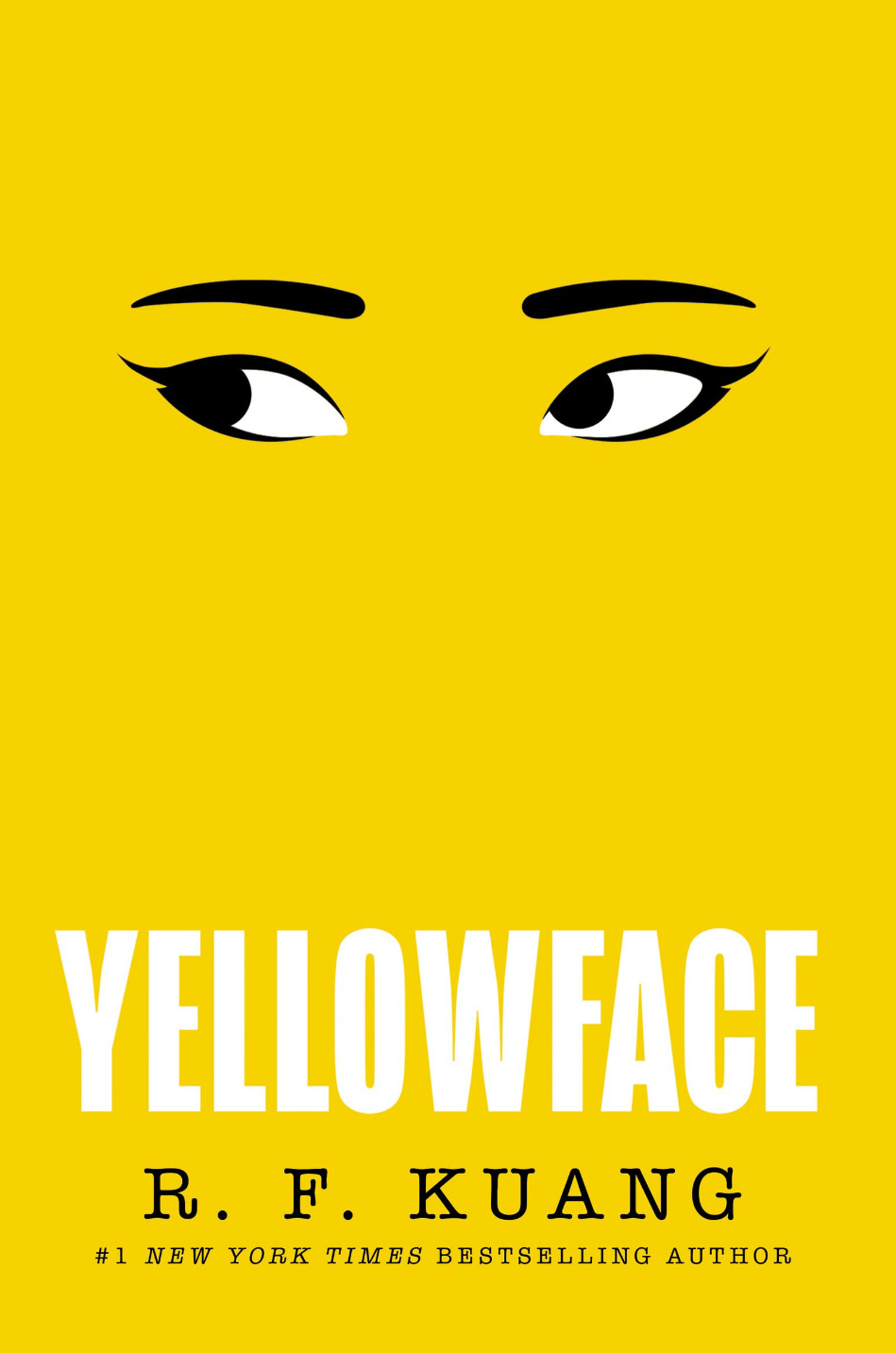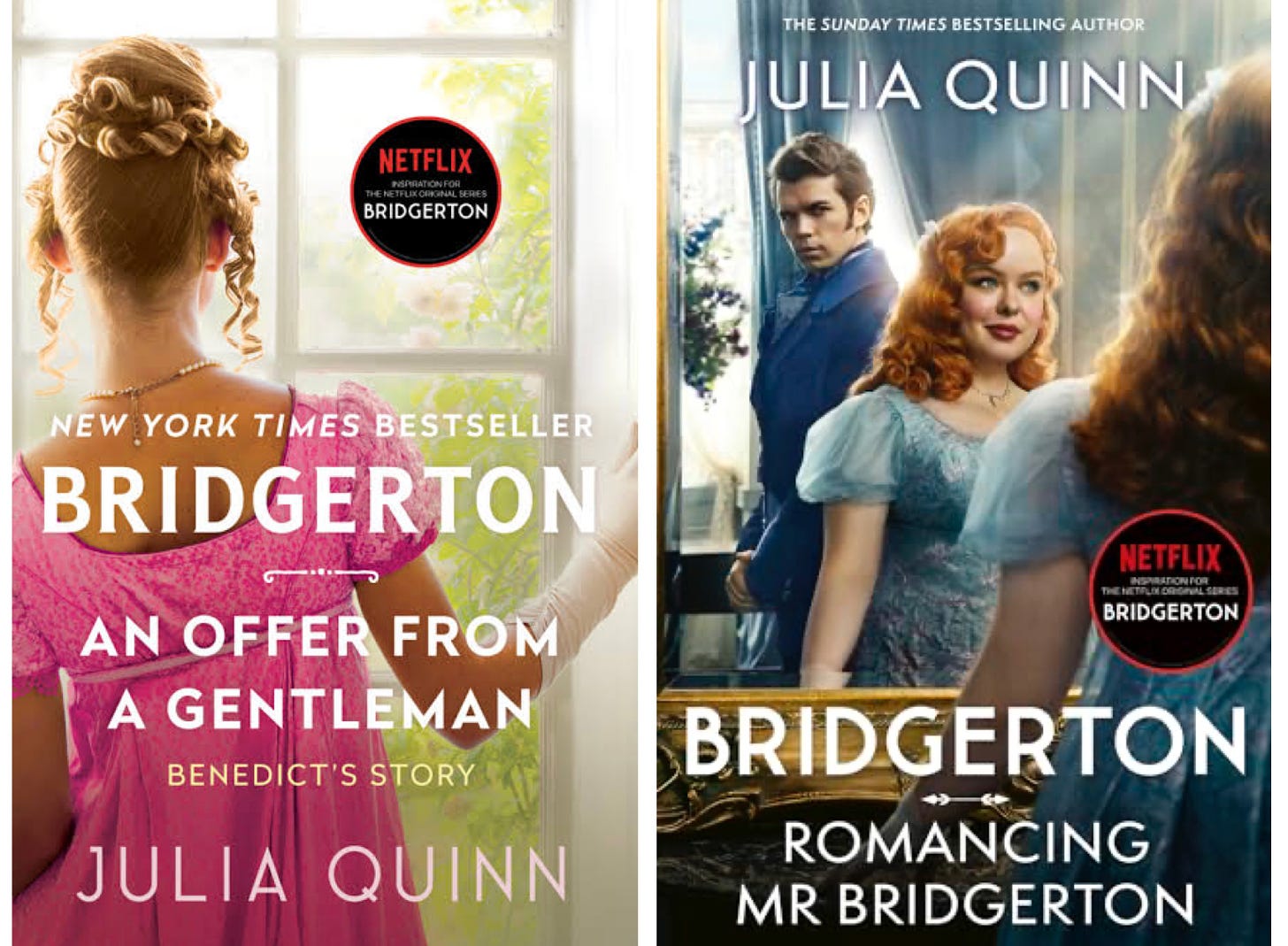About a year ago, my friend TJ (he reads all of these, so hi TJ!) and I started a book club. We are in the same barbershop group and, after rehearsal, we were talking about what we were reading. TJ was reading some fantasy tale about a cat and a dragon who are friends??? (This might be wrong but if it is, don’t tell me. I like this version.) It was late, but there was more to say. So we started a book club.
We meet once a month. We all read different books (usually centred around a similar theme, category or style) and come together to discuss. We end up covering poetry, contemporary fiction, young adult, graphic novels, non-fiction, memoir and a lot of fantasy.
The freedom to choose our own book means we never feel like it’s a chore. We have full autonomy over what, if anything, we bring. It prioritises joy or whatever we get—or want to get— from reading.
As a writer and an editor, I don’t think I read for fun very often. Which is not to say I don’t love the books I read or that I don’t want to read them but they are not fun exactly. They are often beautifully crafted, sometimes life changing, regularly inspiring works of art.
I love consuming this kind of writing, but I think I’m reading, instead, for connection, validation, curiosity, personal development, craft, intrigue, understanding, creative progress and process and community. Sometimes, I wonder how I could read for fun when there are so many life changing, awe inspiring, creatively challenging books I should be reading every day. Books that say and do Important Things. That make people better. I want to be a better writer. I want to be a better editor. I want to learn. And for that I need to be a better reader.
That can also mean that I have just made another part of my life “work”. This is easy to do when you are an artist. I have mined my life for art—and I have chosen to do that—but that also means that I don’t clock out. When I am reading, especially, I am working.
(This is also such a privilege: to read something beautiful and have it benefit me in a way that is bigger than just admiring its beauty. I get to think critically about structure, form, theme, plot, character, syntax, style. I get to think about what I’m reading and how what is or isn’t working could inform my own work. I like reading and thinking about what I might have done differently. It makes me feel like I’m good at my job.)
There is an overwhelming number of Important Books by Important People about Important Topics. We are always playing catch up and never winning. The world is a big, ugly place. It is hard and draining and sometimes—after work or school or whatever life demands of us—it feels like our two options are read this beautifully crafted, culturally critical piece of art or stare at a screen. And it’s a lot easier to stare at a screen. We’re too tired to focus on the Important Book, or we’re not going to give it the full respect it deserves so we don’t read at all.
Recently, a friend asked our group chat how we read every day when life takes so much of us. We talked about the benefits of a e-reader on tired eyes and bodies, the habit of reading—even for five minutes—before bed and even if it means reading the same paragraph three times then going to sleep. And finally I said, read fun books!!! Just because you can’t read the Important Book doesn’t mean you can’t read at all.
Reading is inherently educational but it is also distraction, comfort, escapism. It lets us love, lose, grieve and hope. It informs us about the world we live in and allows us to imagine a different, better one. It can be—simply, wonderfully—fun.
This is not to say don’t read the Important Book but read the fun one too. (And try reading and sharing with other people! It’s the best!) A poet I love once said she had to give herself permission to read terrible crime fiction. To enjoy it (or hate it) for what it is. To have a little escapism or distraction. I needed to do this too and I have. I am having fun.
But reading the latest crime or romance novel or the best airport buy still serves me as a writer. There is still something that works or doesn’t. There is all the same craft elements to dissect. Even if I am noting these subconsciously, I am still noting them. The act of reading—no matter what I am reading—makes me a better writer. Even the books I read that I HATE are beneficial. Aside from the spark of joy I get from being a hater, there is so much to think about. Everything informs my work.
AND since I began “reading for fun”, my drive to read has grown. I’m reading so much and so quickly and I’m loving it. I feel like I have worked this reading muscle and now whatever Important Books I want to read seem less daunting.
Life is difficult and complicated. Allow yourself joy wherever you can get it.
What I’ve been reading recently:
The story of a white author, June, who steals a draft manuscript written by her recently deceased Asian American friend. The manuscript chronicles the lives of Chinese labourers from WWI. June finishes the manuscript and publishes it under her name. We follow June through her previously unimaginable literary success, the public unravelling of her secret and how far she will go to protect it, making us think about race, cultural appropriation and who can tell what story.
I 100% read this book as a writer.
I wanted to love it but I think it fell flat. I did read this book quite fast and kept coming back to it whenever I could, so obviously the plot kept me hooked and I suppose also the pacing was good?
The main character was obviously unlike able but I didn’t feel like I had much reason to root for her at all. I didn't like the narration style. It felt like someone was recounting a story, telling it to me, rather than letting me into it. I felt, as a reader, like I was being kept at arms length. The prose was blunt and repetitive and metaphors and figurative language were over explained. Maybe I was too craft focussed here but this is where I ended up. It is an important book that covers important topics. And it was really interesting.
The stories of Benedict and Colin Bridgerton (respectively) as they find love matches to wed in the high society of Regency-era England.
He clucked disapprovingly, “So hostile,”
Her eyes bugged out. “You abducted me!”
“Coerced,” he reminded her.
Benedict and Sophie in ‘An Offer from a Gentleman’
The third and fourth books in the series are still bad! Maybe worse! The characters are bland! The plot is simple and boring! The dialogue is embarrassing! The sex is still gross! The TV show is much better! I will for sure be reading book five! I feel alive!!!






